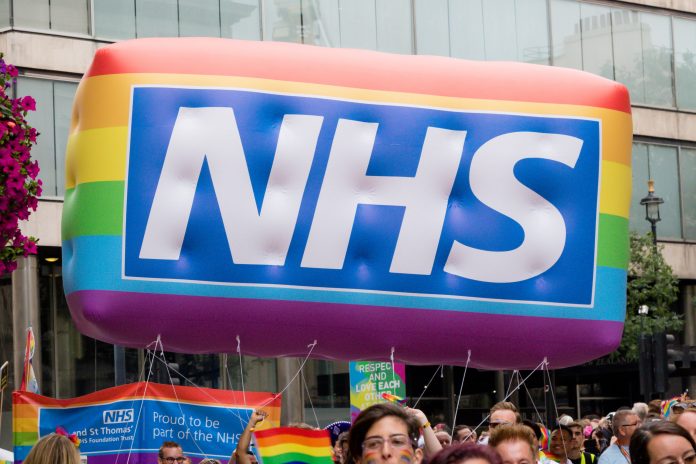National representative data on the health outcomes and health behaviours of lesbian, gay and bisexual (LGB) adults in England has been published by NHS Digital for the first time
The first of its kind report is based on a representative sample of adults aged 16 and over who participated in the Health Survey for England (HSE) between 2011–2018. The National Centre for Social Research’s (NatCen) analysis found that 1,132 (2%) of adults surveyed identified as lesbian, gay or bisexual (LGB).
Health
The report found:
- A higher proportion of LGB adults (7%) reported ‘bad’ or ‘very bad’ health.
- A lower proportion of LGB adults were overweight or obese5 (51%).
- The prevalence of limiting longstanding illness6 was higher among LGB adults (26%).
- The prevalence of musculoskeletal conditions (including arthritis/rheumatism/fibrositis and back problems/slipped disc/spine/neck) was lower in LGB adults (13%).
Health-related behaviours:
- 32% of LGB adults were more likely to drink at levels that put them at increased or higher risk of alcohol-related harm.
- Among the white population, heterosexual and LGB adults were equally likely to report that they drank no alcohol in the last week.
- Among those from an ethnic minority, 55% of LGB adults were more likely to report no alcohol consumption in the last week.
- 27% of LGB adults were current smokers.
- The proportion of adults who currently smoked cigarettes was highest among LGB women at 31%.
Mental health and wellbeing:
- LGB adults had lower average mental well-being scores on the Warwick-Edinburgh Mental Well-being Scale (WEMWBS) (48.9).
- LGB women reported the lowest well-being scores (47.3).
- 16% of LGB adults said they had a mental, behavioural or neurodevelopmental disorder7 as a longstanding condition.
NHS Digital’s Chief Statistician Chris Roebuck said:
“One of the biggest benefits to collecting and publishing health data is the ability to highlight health inequalities.
“We’re pleased to be able to publish these LGB statistics for the first time, which show important differences in health status and behaviours.”











